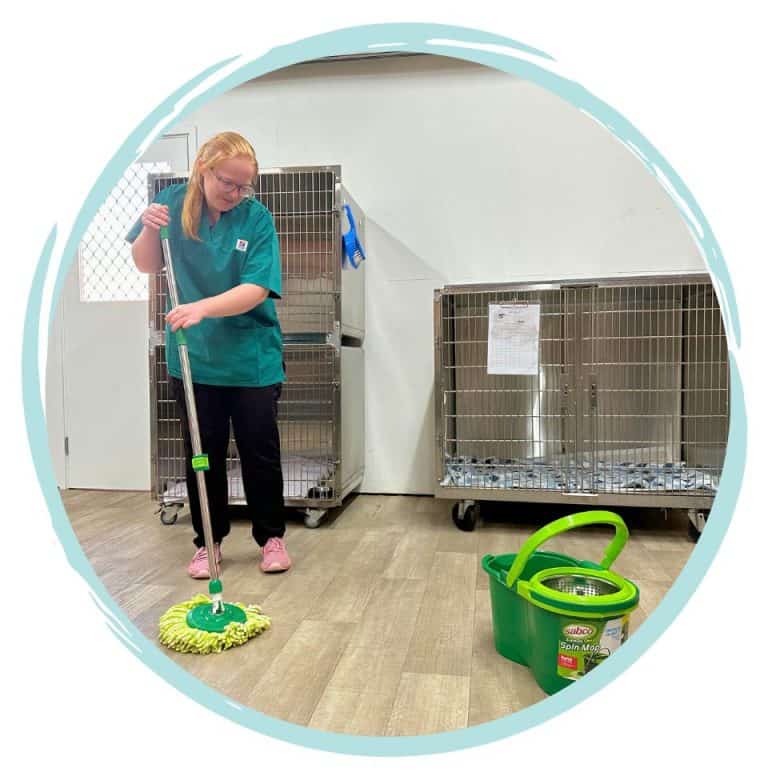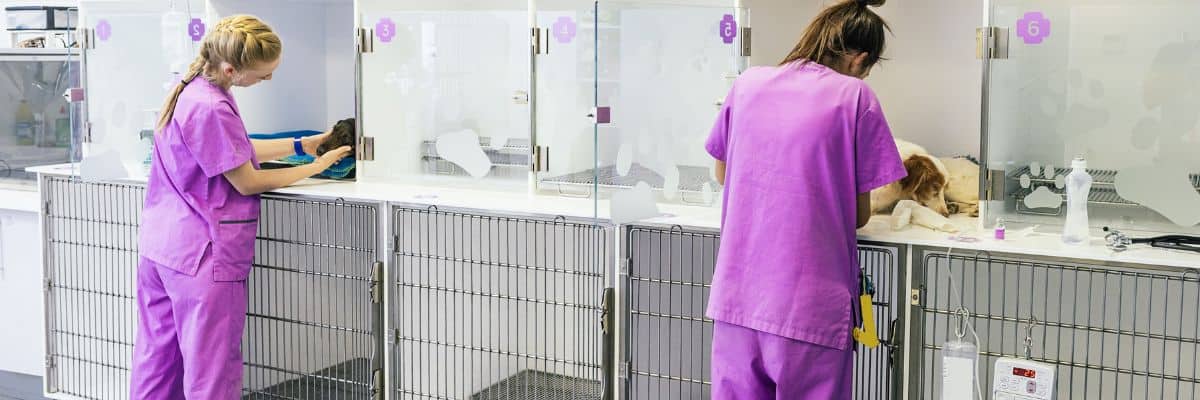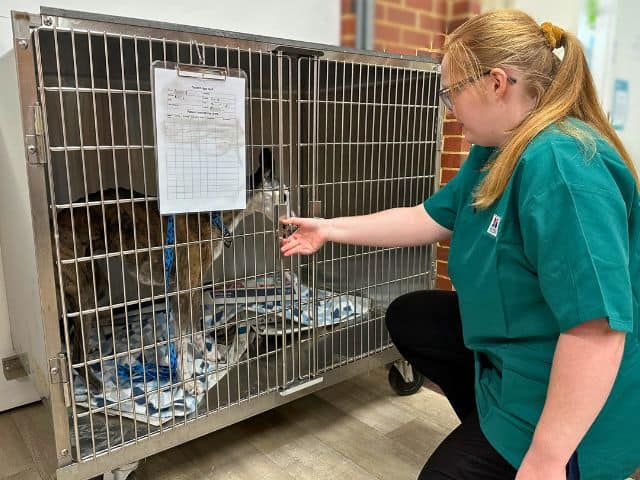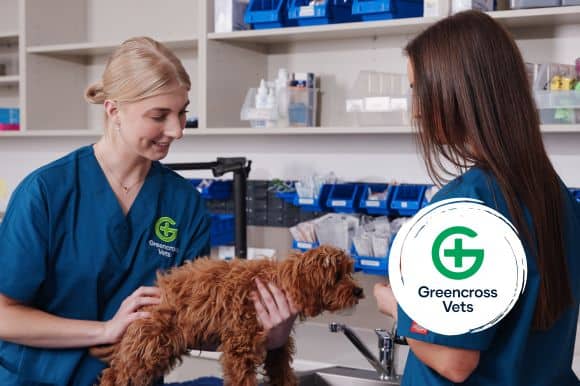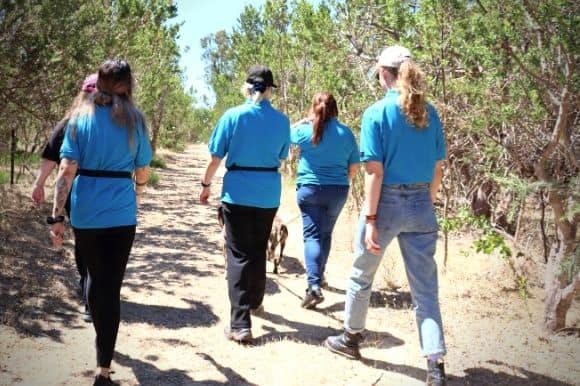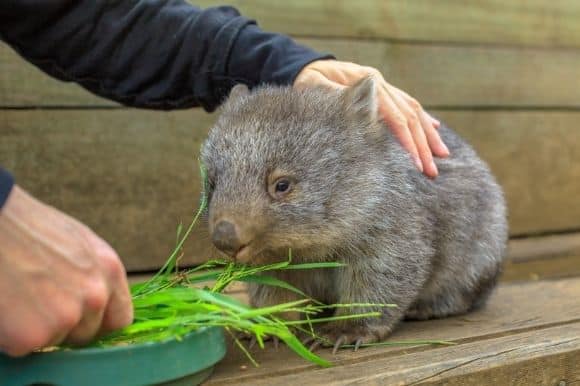
How to Get a Job in Wildlife Care and Rehabilitation in Australia
Nothing brings more joy than participating in the treatment of sick, orphaned, displaced or injured wildlife, standing by their side through rehabilitation, and eventually releasing them back into the bush.
